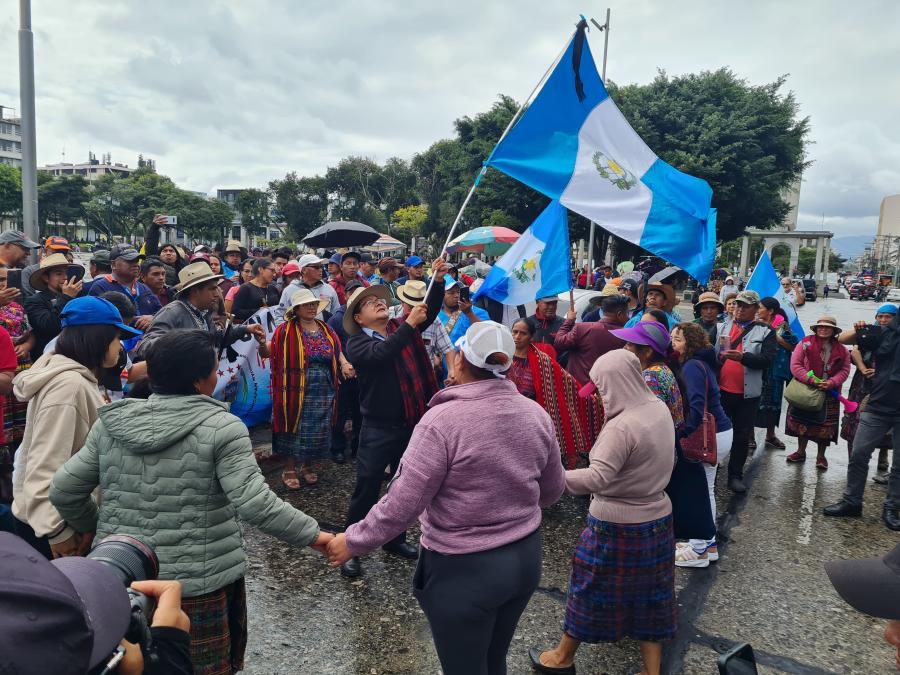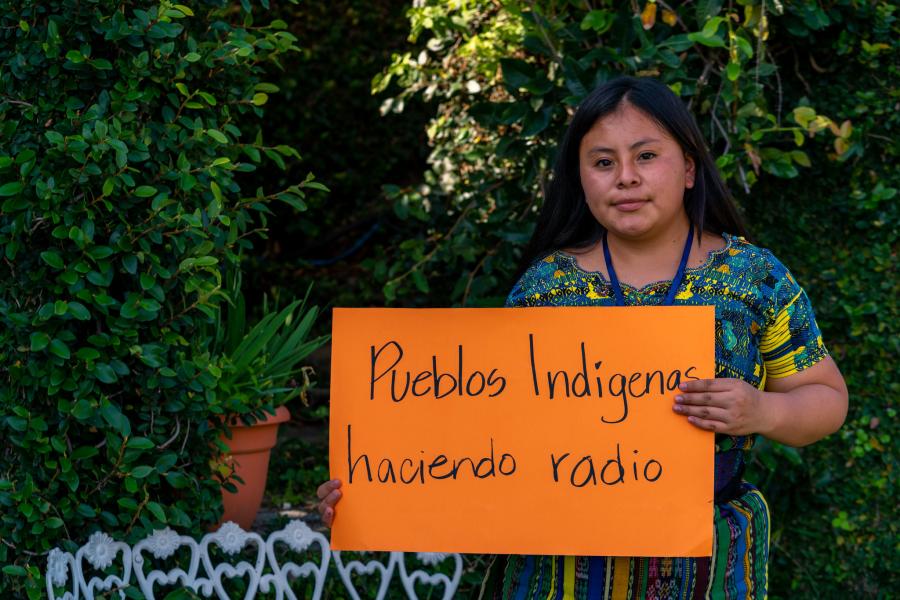
Community radio stations took to the airwaves on Sunday, September 11, 2011 to cover voting day for the next president elect of Guatemala, marking the close of more than six months of ubiquitous campaigning by 27 registered political parties. Community Radio stations Uqul Tinamit, of Baja Verapaz, and Radio Ixchel of Sumpango, Radio Sembrador of San Pedro La Laguna, Sololá, among many others, broadcast coverage of the elections live from voting booths as well as with photos and reports via Facebook.
Results show retired former military general and declared war criminal Otto Perez Molina, of the right-wing Patriota party to have taken a lead at 37%, but will not gaining the majority needed to win outright in this first round of voting. Molina’s party line is the ‘iron-fist’ to decrease delinquency and violence in the country, which has escalated in recent years to levels worse than during Guatemala’s civil war, ending in 1996. During the armed conflict Molina lead a branch of the military responsible for the genocide of the Ixil Mayan people of Quiché, Guatemala, and also has been accused of orchestrating the murder of the Catholic Archbishop and human rights activist Juan Gerardi in 1998 after he published an expose of human rights atrocities committed by the military during the civil war.
The runner up, and match for Molina in the runoff election that will take place on November 6th, is another right-wing candidate, populist Manuel Balidizon, a wealthy business man running on the platform of job creation and the re-installation of the death penalty.
Also on the ticket were three women, including the Quiché Maya Dr. Rigoberta Menchú, winner of the nobel peace prize in 1992 running under the leftist party conglomerate Frente-Amplio, which gained just under 3% of the vote.
This election marked the first in Guatemalan history with a majority of registered voters being women, at 51%, of whom a majority are Indigenous women from the interior of the country.


